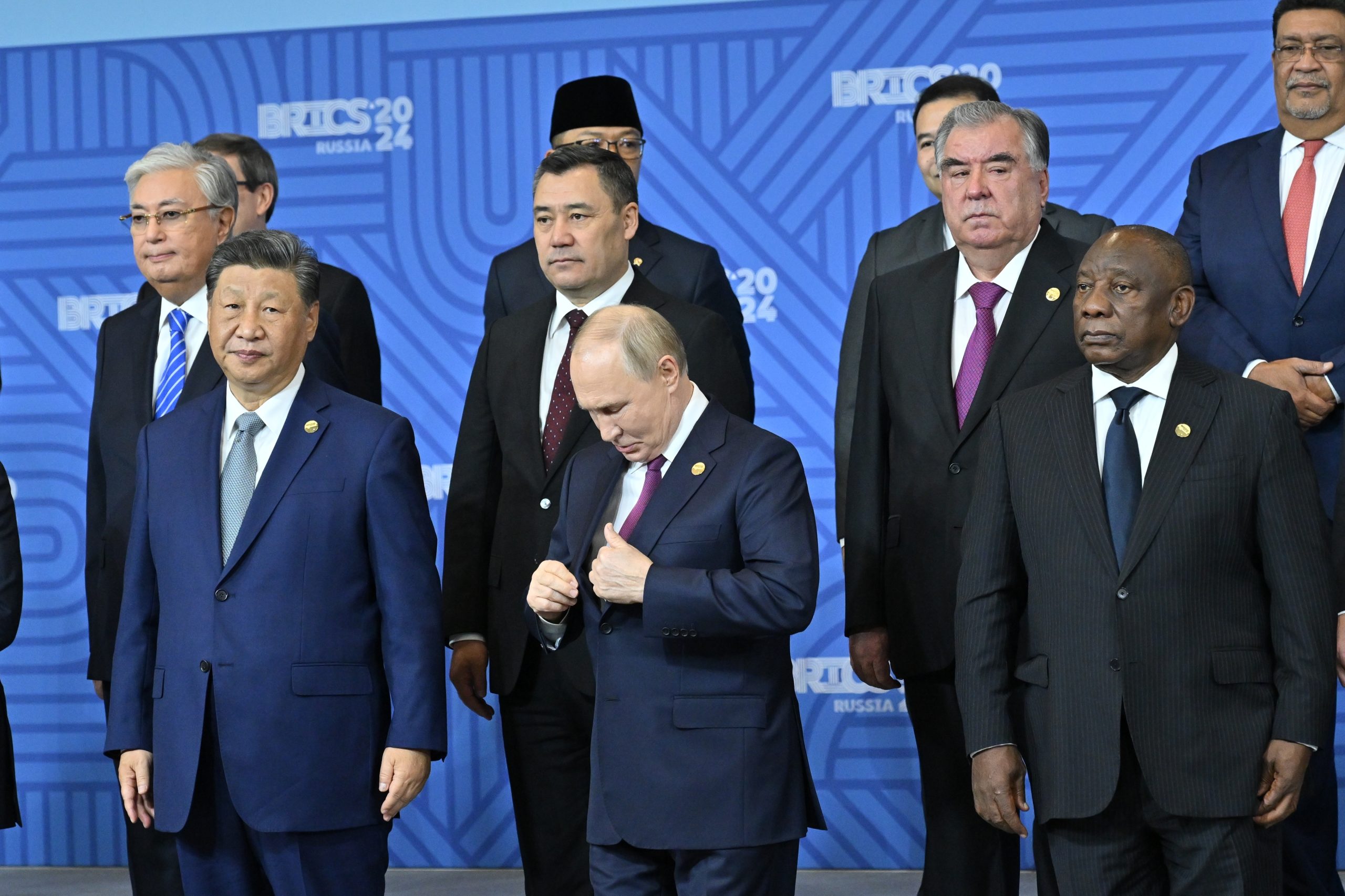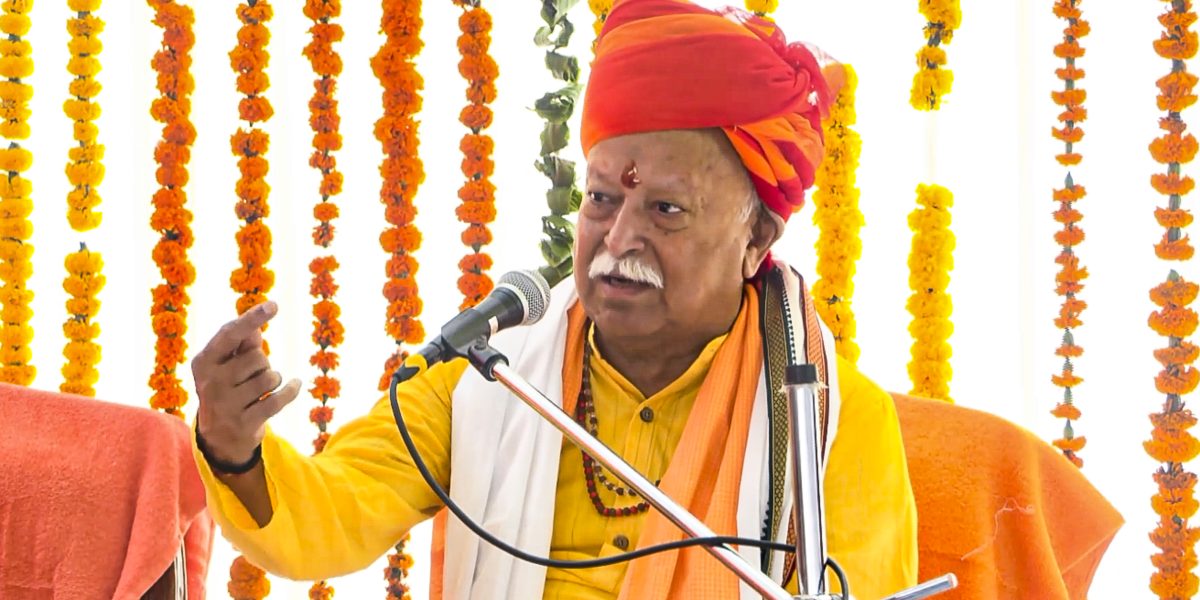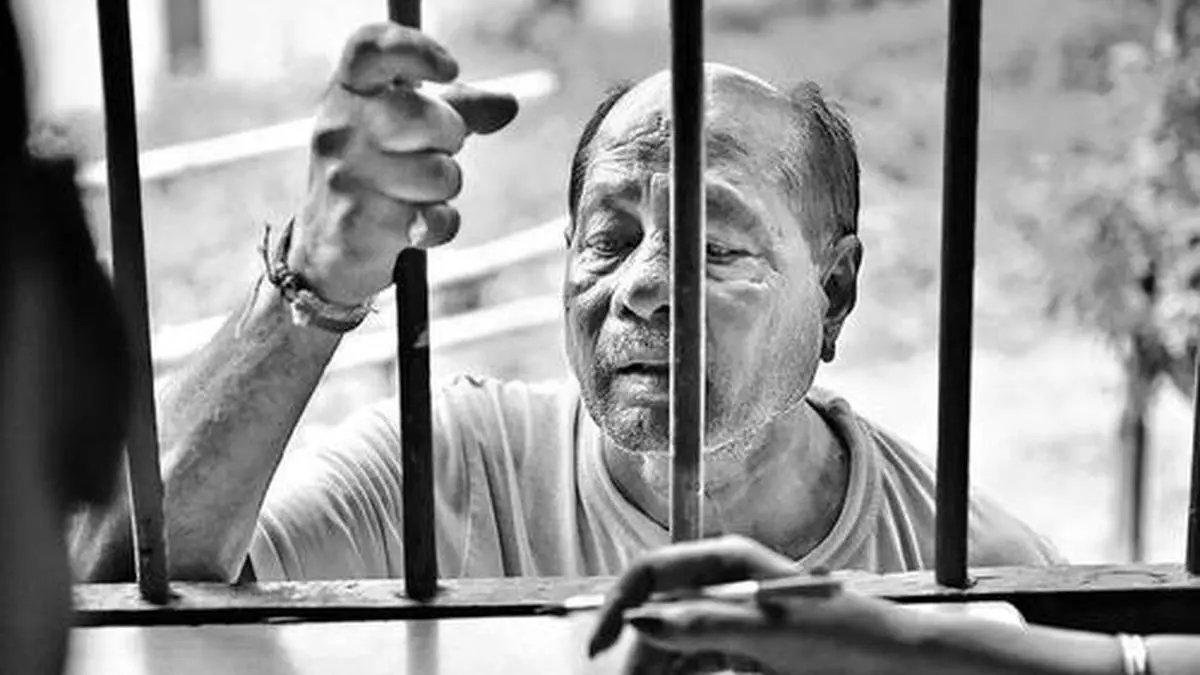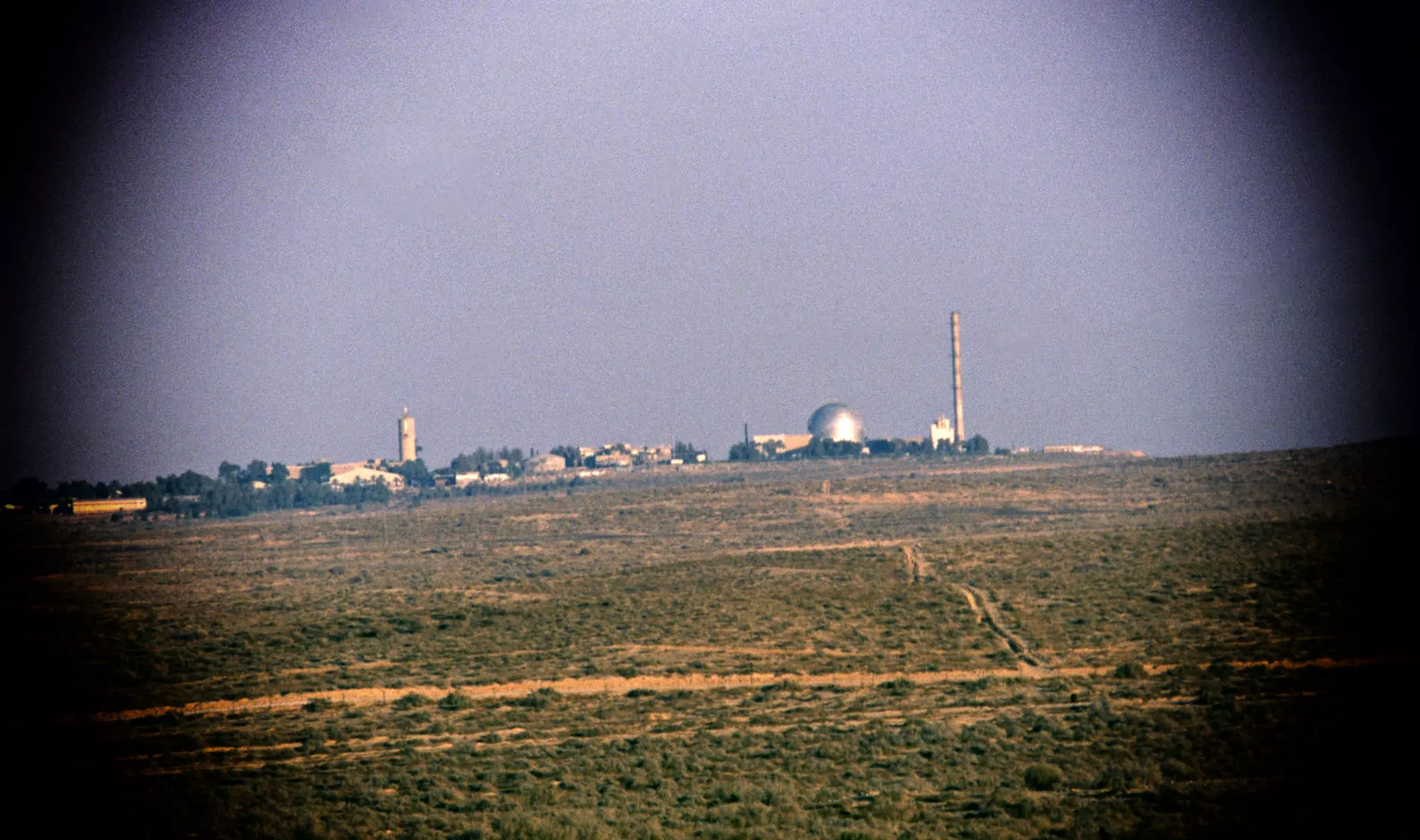by PELMAN SALEHI

Once a symbol of anti-imperial unity, BRICS now risks becoming the very thing Bandung opposed: a club of powerful states reproducing global inequality in a new key.
At the BRICS Dialogue with Developing Countries in Nizhny Novgorod in June 2024, South Africa’s then Foreign Minister Naledi Pandor, when asked about BRICS’s tangible support for African countries, emphasized the need to “expand dialogue capacities” and “create space for the voices of the Global South to be heard.” While diplomatically worded, her response clearly illustrated that even at the highest levels, BRICS remains distant from offering concrete support mechanisms for the continent. This symbolic exchange sets the tone for a deeper reflection on how far BRICS has moved from the founding spirit of Global South solidarity first articulated at the 1955 Bandung Conference.
In 1955, leaders of 29 Asian and African countries gathered in Bandung, Indonesia, in a landmark conference that challenged colonial domination and Western imperialism. The Bandung Conference sought to assert a new vision of sovereignty, solidarity, and self-determination among the recently decolonized nations. It laid the foundation for the Non-Aligned Movement, inspired Pan-Africanism and Asian-African cooperation, and gave voice to a moral and political alternative to Cold War bipolarity.
Seventy years later, as the BRICS bloc (Brazil, Russia, India, China, and South Africa) expands its membership and seeks to offer a counterweight to Western hegemony, many are asking whether BRICS represents a continuation—or a betrayal—of Bandung’s spirit. Is BRICS the heir to the anticolonial, egalitarian project of the Global South? Or has it become a pragmatic alliance of economic interests, untethered from the radical imagination of its predecessors?
BRICS, for all its symbolic importance and economic weight, has so far failed to articulate a coherent strategic alternative to Western-led globalization. It lacks not only institutional depth but also the ideological clarity and political will that Bandung embodied. Unlike Bandung, which was rooted in shared anti-imperial struggles and a commitment to moral leadership, BRICS has been hampered by internal contradictions, geopolitical caution, and elite-driven agendas.
The promise of Bandung was not simply unity among postcolonial states—it was a vision of global justice grounded in resistance to empire. Leaders like Nehru, Nasser, Sukarno, and Nkrumah saw themselves as part of a world-historical movement. They were not merely defending sovereignty; they were articulating a new internationalism from below. In contrast, BRICS has often failed to speak with one voice on matters of war, peace, or development. During critical moments—such as NATO’s intervention in Libya, the Gaza wars, or coups in Africa—its silence has been deafening.
China and Russia, to be sure, have increasingly challenged US unipolarity, especially in the wake of the Ukraine war and rising tensions in the South China Sea. But their confrontations with the West are largely framed in realist terms: a clash of great powers, not a struggle for the oppressed. Brazil and India, meanwhile, oscillate between Global South rhetoric and integration into Western-dominated financial and security institutions. South Africa, despite its post-apartheid legacy, has not consistently mobilized the language of liberation in its foreign policy.
The expansion of BRICS in 2024 to include countries like Iran, Egypt, Ethiopia, and Argentina was seen by some as a revival of its southern identity. But enlargement alone cannot resolve the bloc’s identity crisis. Without a shared political vision, BRICS risks becoming a loose consortium of discontent rather than a transformative force. The challenge is not simply to oppose the West—it is to construct an alternative rooted in the struggles and aspirations of the majority world.
There are signs of hope. The push for de-dollarization, efforts to build new development banks, and calls for UN reform reflect a growing impatience with Western dominance. Civil society actors, social movements, and intellectuals across the South continue to invoke Bandung as a source of inspiration. But the gap between elite summitry and grassroots solidarity remains wide.
To recover the spirit of Bandung, BRICS must do more than convene. It must commit to principles: anti-imperialism, economic justice, climate equity, and popular sovereignty. It must listen to the voices from below—from African farmers to Asian workers to Latin American feminists. Only then can it move beyond symbolism and offer a credible path toward a more just and multipolar world. Otherwise, BRICS risks becoming what Bandung opposed: a club of powerful states reproducing global inequality in a new key.
Africa’s role in BRICS remains complex and under-explored. While South Africa is a founding member, its ability to shape the bloc’s agenda has been limited. Countries like Zambia, burdened by debt and austerity, have looked to BRICS as a possible alternative to Western financial institutions—but with few concrete results. The New Development Bank’s track record in Africa remains modest, and many governments remain cautious about aligning too closely with Beijing or Moscow. Similarly, in West Asia, BRICS has offered no unified stance on the humanitarian catastrophe in Gaza or the continued marginalization of Palestine. The bloc’s silence on these issues further distances it from the legacy of Bandung, which was rooted in anti-imperial solidarity and moral clarity.
Perhaps it is time to ask a more provocative question: Should we wait for states to revive the Bandung legacy, or has the mantle already shifted to grassroots movements, academic networks, and local struggles? From climate justice campaigns in Nairobi to feminist mobilizations in Buenos Aires, the postcolonial internationalism of the 21st century may no longer rely on elite summits. If BRICS is serious about honoring its southern identity, it must choose: replicate the hierarchies it once sought to dismantle—or rediscover the radical hope of Bandung through action, not symbolism.
Africa is a Country for more









